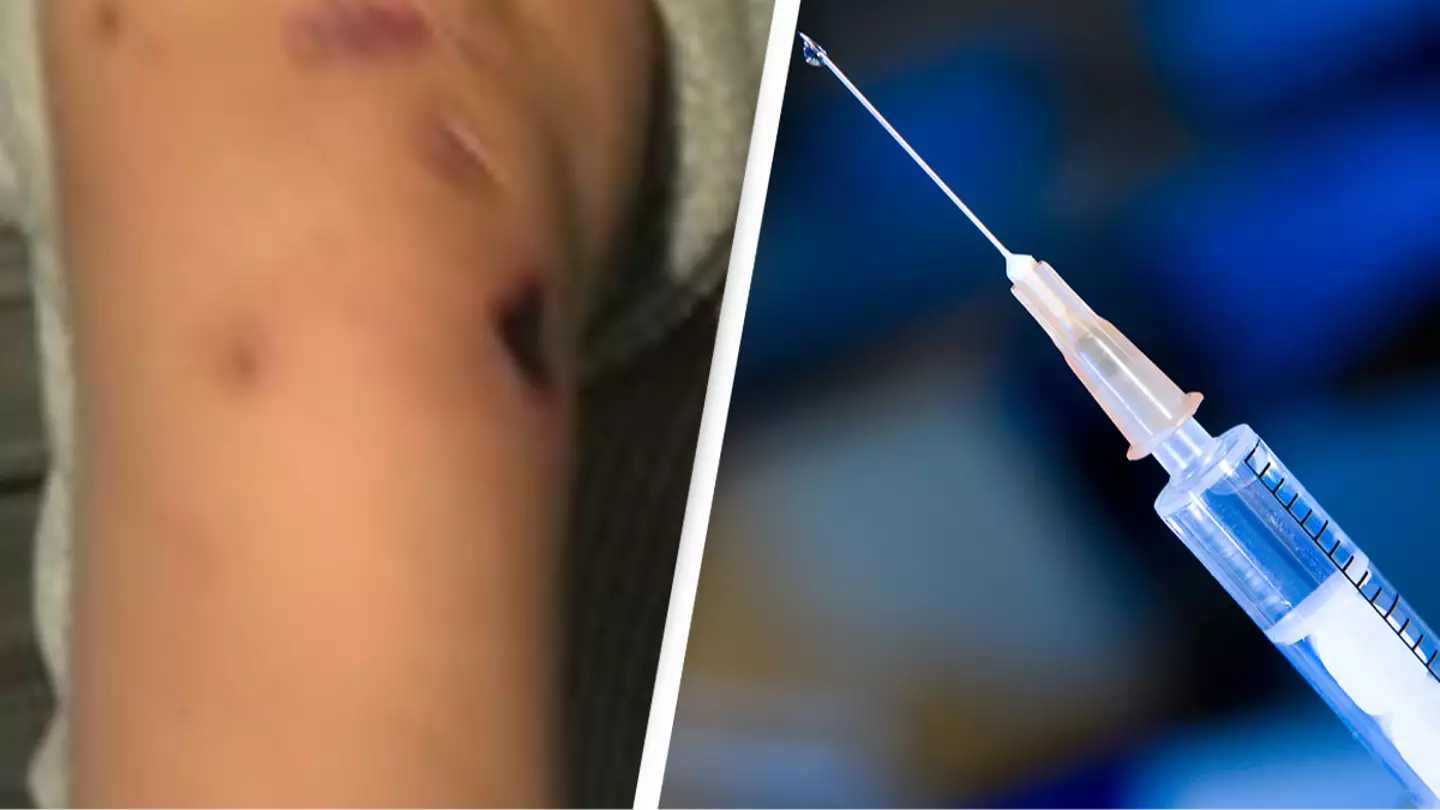
The Food and Drug Administration has warned about a new animal sedative being used with opioids which can result in skin 'rotting'.
On Tuesday, 28 February, the Food and Drug Administration (FDA) issued an import alert, revealing it will be heavily scrutinising the importation of a drug most commonly sold for veterinary purposes named xylazine.
While the drug - which is not approved for human consumption in the US - is typically sold as a liquid, it's been discovered it's also being sold in powder forms and mixed in with other drugs, later taken by humans.
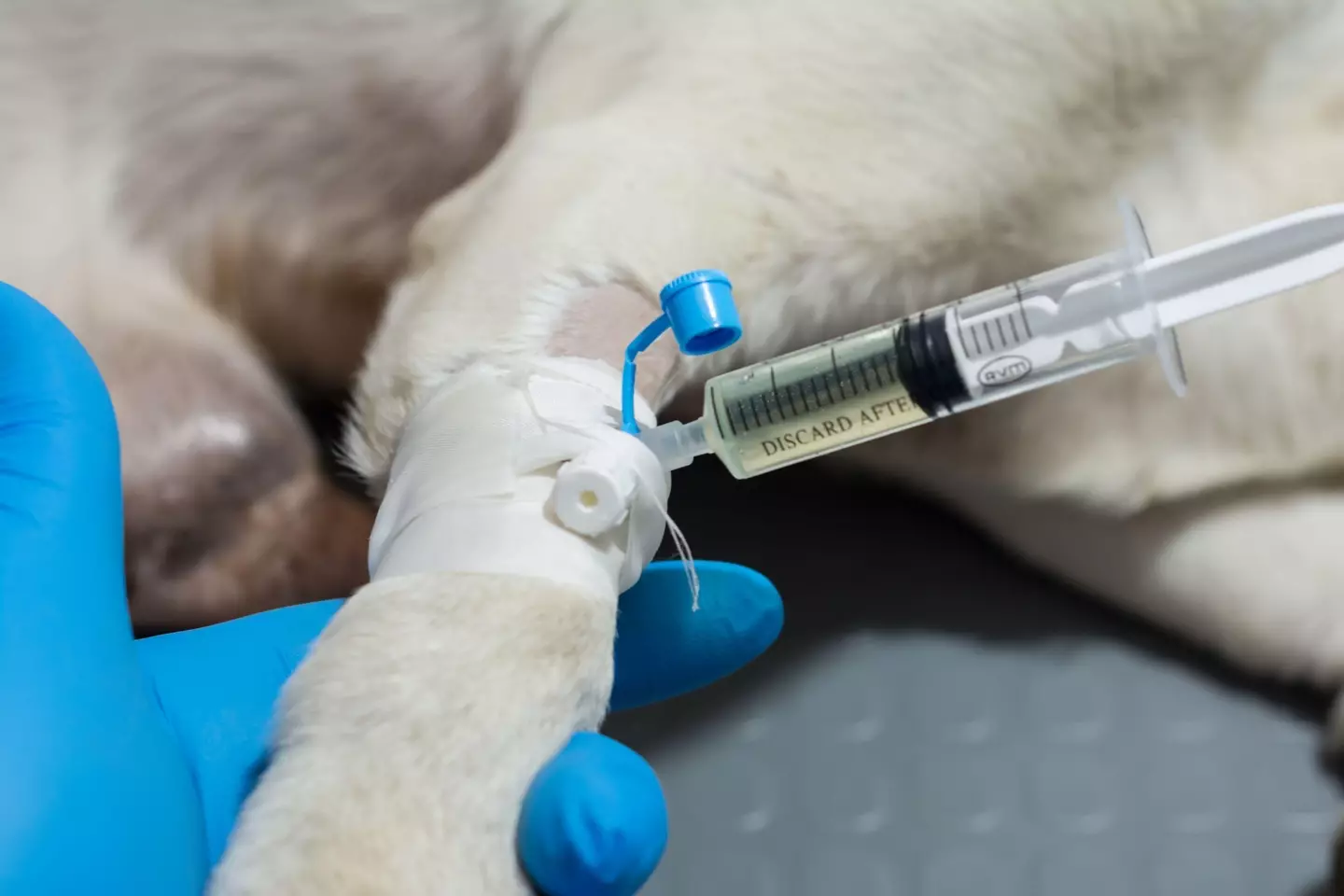
Advert
When mixed with other drugs, xylazine becomes known as tranq dope.
As per Psychiatrist.com: "Xylazine is a fast-spreading, deadly new street drug often cut into other drugs or used used to extend the effects of fentanyl and mimic the high of heroin."
The FDA warns: "People who inject drugs containing xylazine can develop severe skin wounds and patches of dead and rotting tissue that easily become infected.
"If left untreated, [it] may lead to amputation."
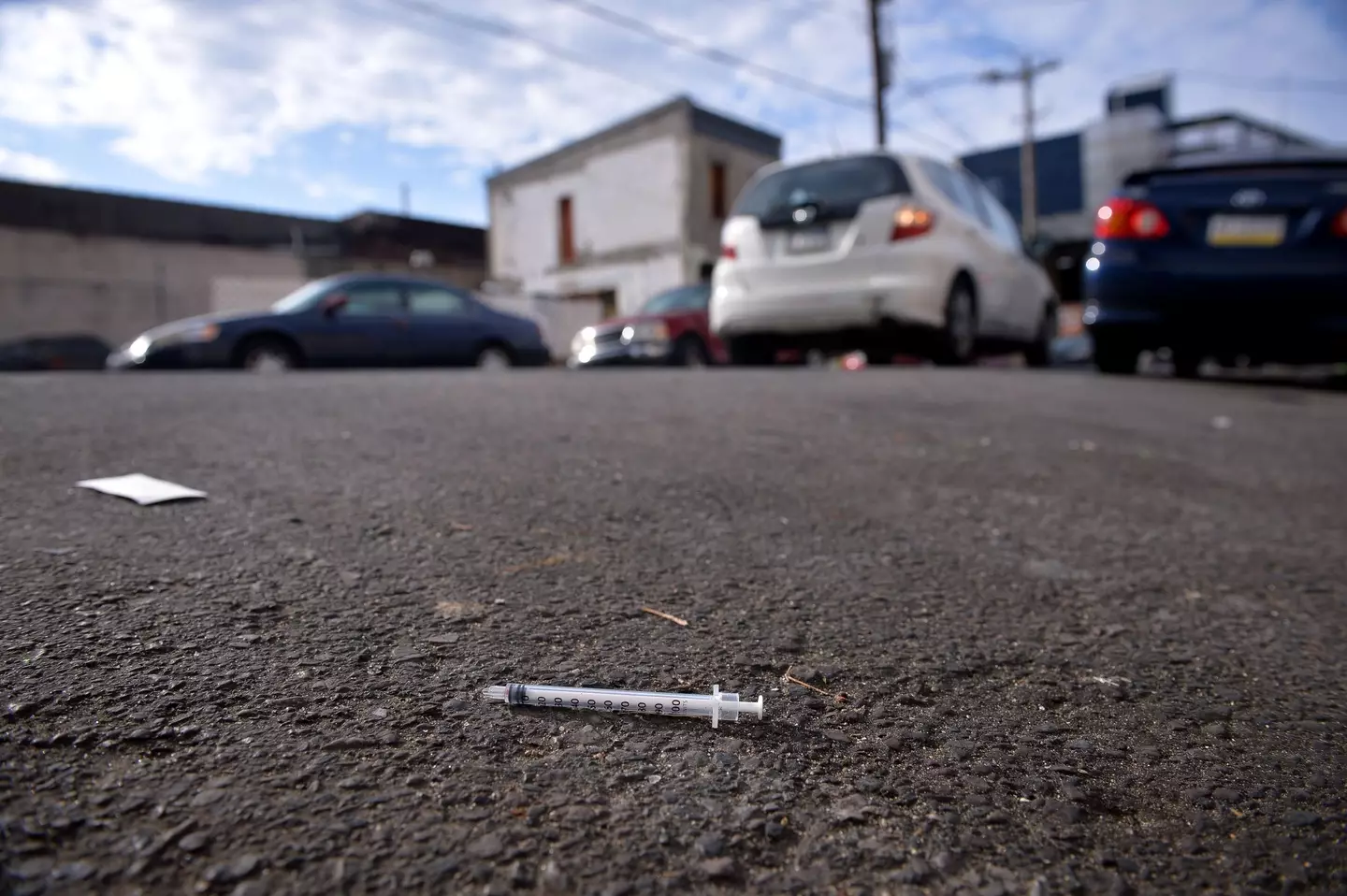
The FDA's restriction of imports will give it the power to not have to physically inspect any shipments of xylazine or 'unapproved finished drug products' before seizing them.
In 2021, a seller based in China told VICE News that xylazine had become a 'hot' product among those in the US.
Tranq dope has been identified as being present in at least 39 states in the US so far, according to VICE News.
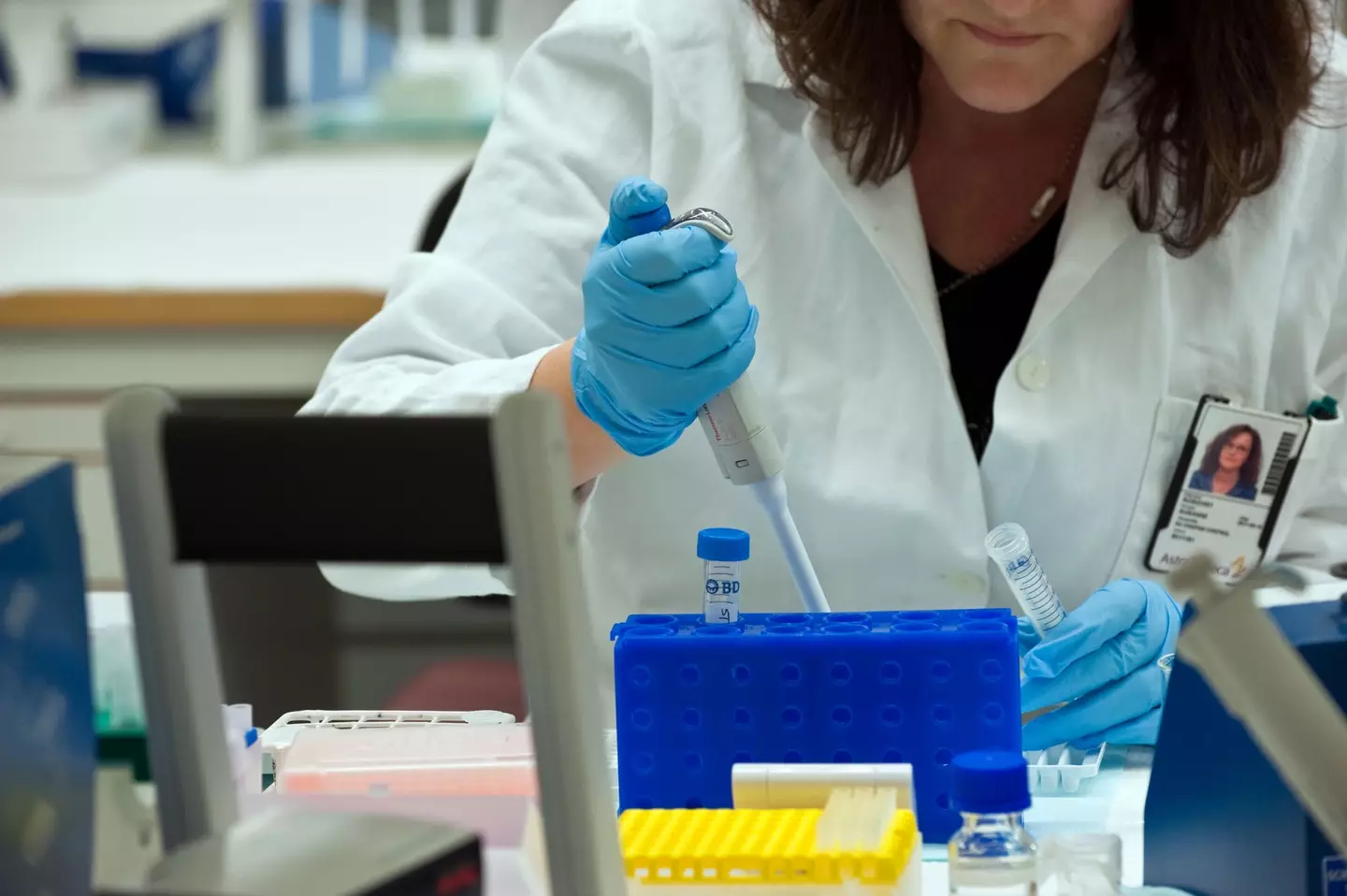
In a health update dated 8 December, 2022, Philadelphia's Department of Health stated: "From 2015 to 2021, the number of fatal overdoses involving xylazine per year increased from 15 to 434.
"Point of care testing for xylazine is not yet available, so people who use substances may not be aware that they have been exposed to xylazine. Xylazine is an unscheduled drug and easily accessed."
According to the department's report, 90 percent of street opioid samples tested in 2021 contained xylazine.
Fears are also growing around the human consumption of tranq dope because if an overdose is taken, the medication used to reverse opioid overdoses called naloxone may work on the other drugs in the mix but doesn't affect xylazine. However, if you've taken an overdose, you should still take naloxone to combat the opioids.
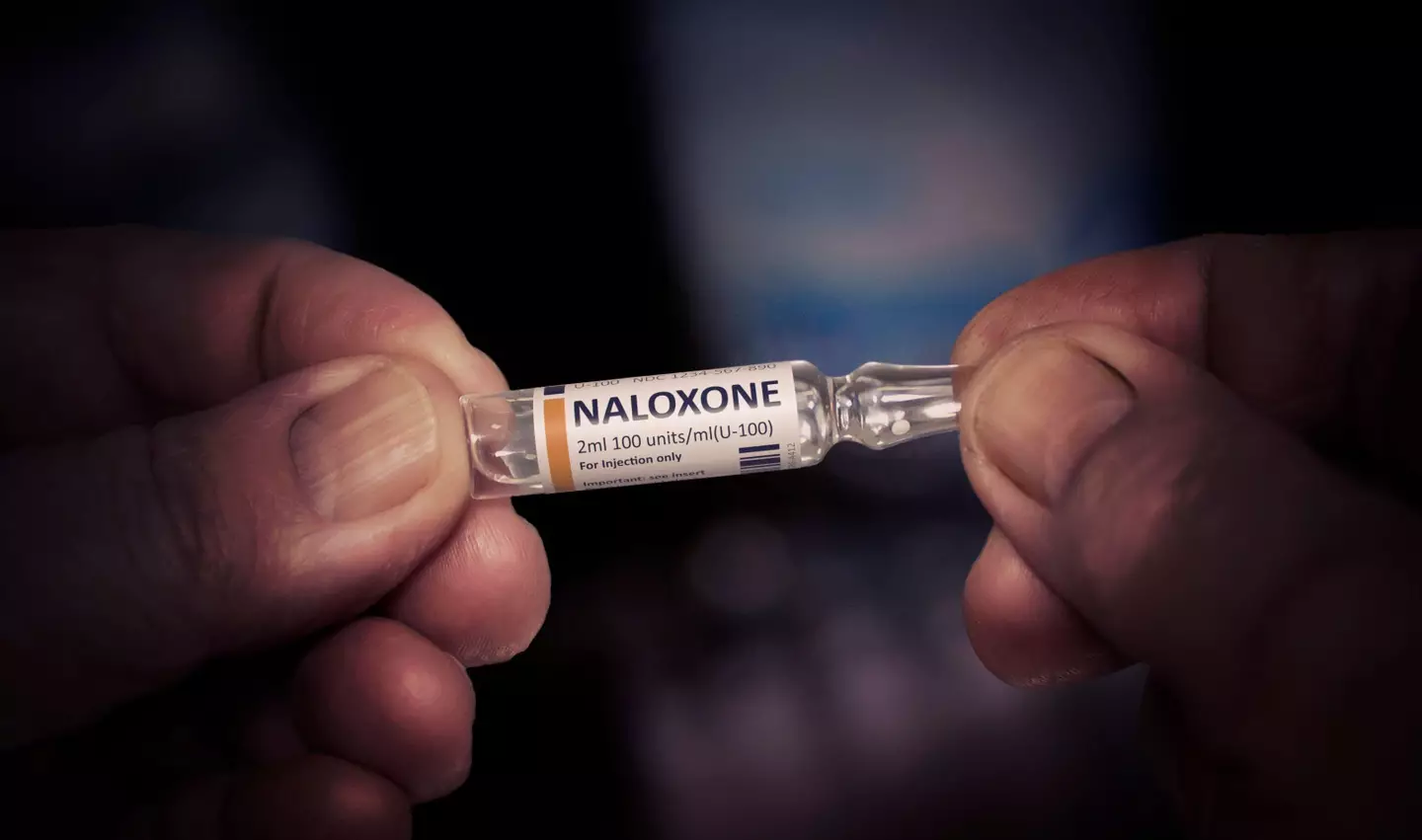
In January, the Evolving and Emerging Drug Threats Committee met at the White House to discuss xylazine.
The report reads: "Several of the state and local officials noted that they are working to increase awareness about xylazine among persons who use drugs, substance use treatment and harm reduction providers, law enforcement, and the wider medical community.
"They also described efforts to rapidly track xylazine in the drug supply to prevent it from entering communities and respond effectively when it does.
"Dr. Rahul Gupta, Director of the White House Office of National Drug Control Policy (ONDCP) said ONDCP would continue working with public health and public safety leaders to address these concerns."
If you've been affected by the contents of this article and are looking for confidential and anonymous information related to drug addiction treatment you can call American Addiction Centers on 405-251-8425 available 24 hours seven days-a-week.
Topics: US News, Drugs, Crime, True crime, Health